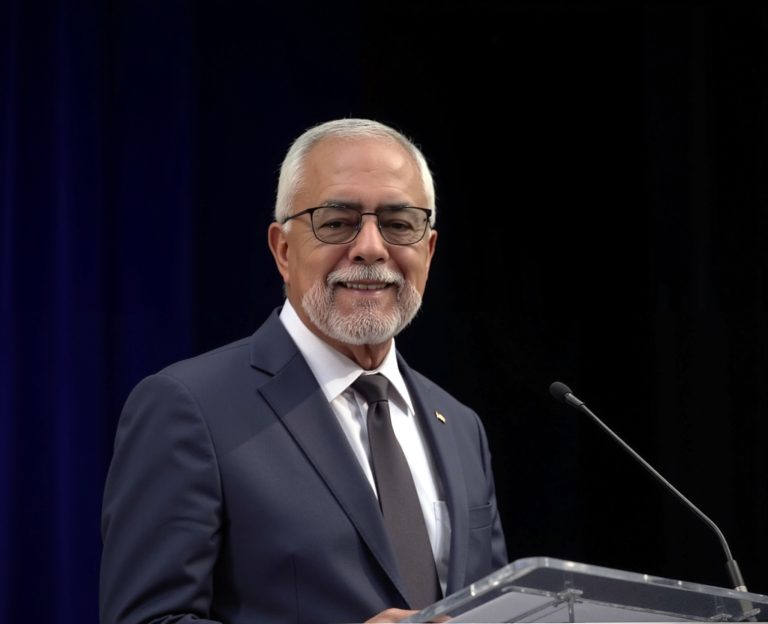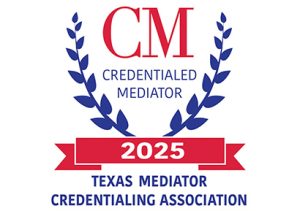Art Escamilla: Founder
The timing of discovering one’s work passion can be influenced by a variety of factors, both internal and external. Some of us discover our individual passions early in our career, for others (like me), it develops and grows from a culmination of our work and life experiences.
After spending 40 years in the corporate world, I found myself drawn toward a new mission helping people find common ground. My extensive business background has enabled me to develop sharp analytical skills, a keen understanding of negotiation processes and the ability to foster trust among stakeholders.
This foundation, combined with my life experiences and an innate ability to listen effectively, have provided me with the adaptability and empathy that allows me and my firm to connect with individuals across varying perspectives and situations.






